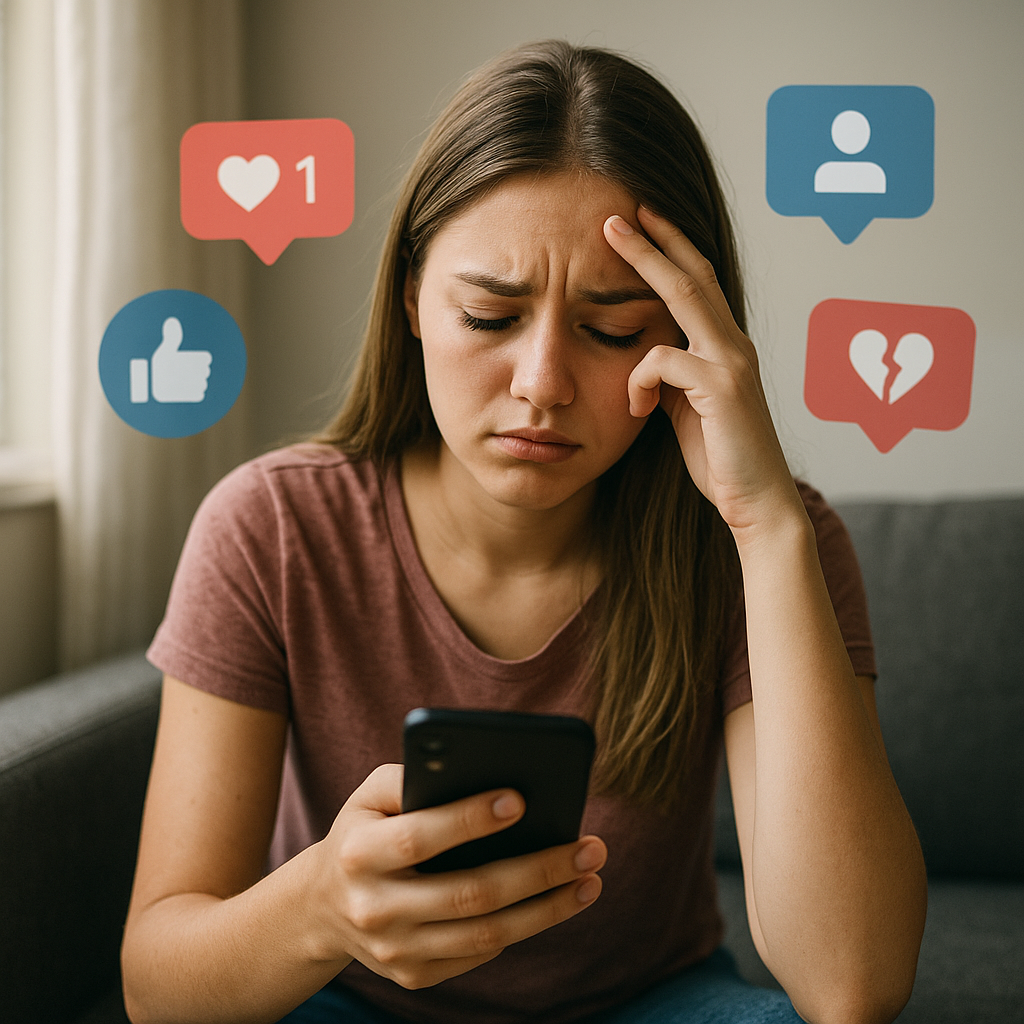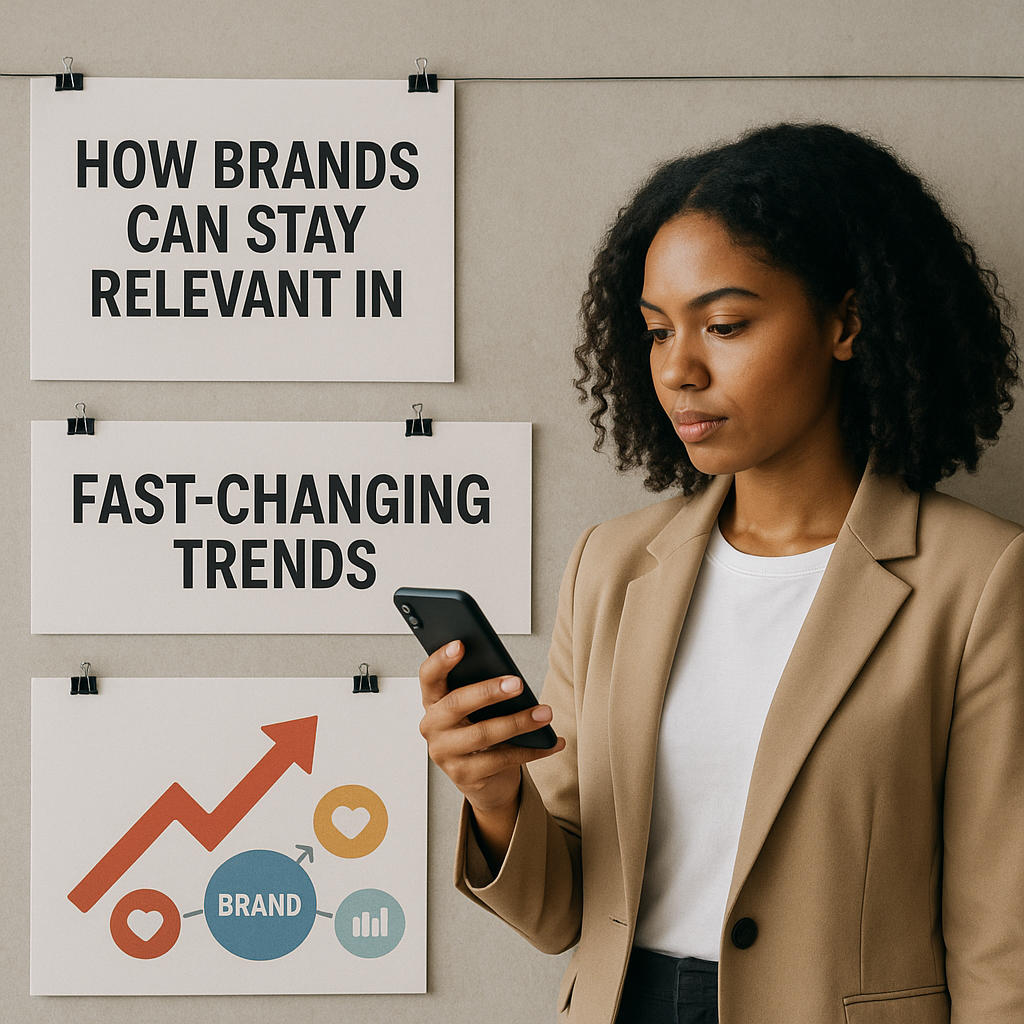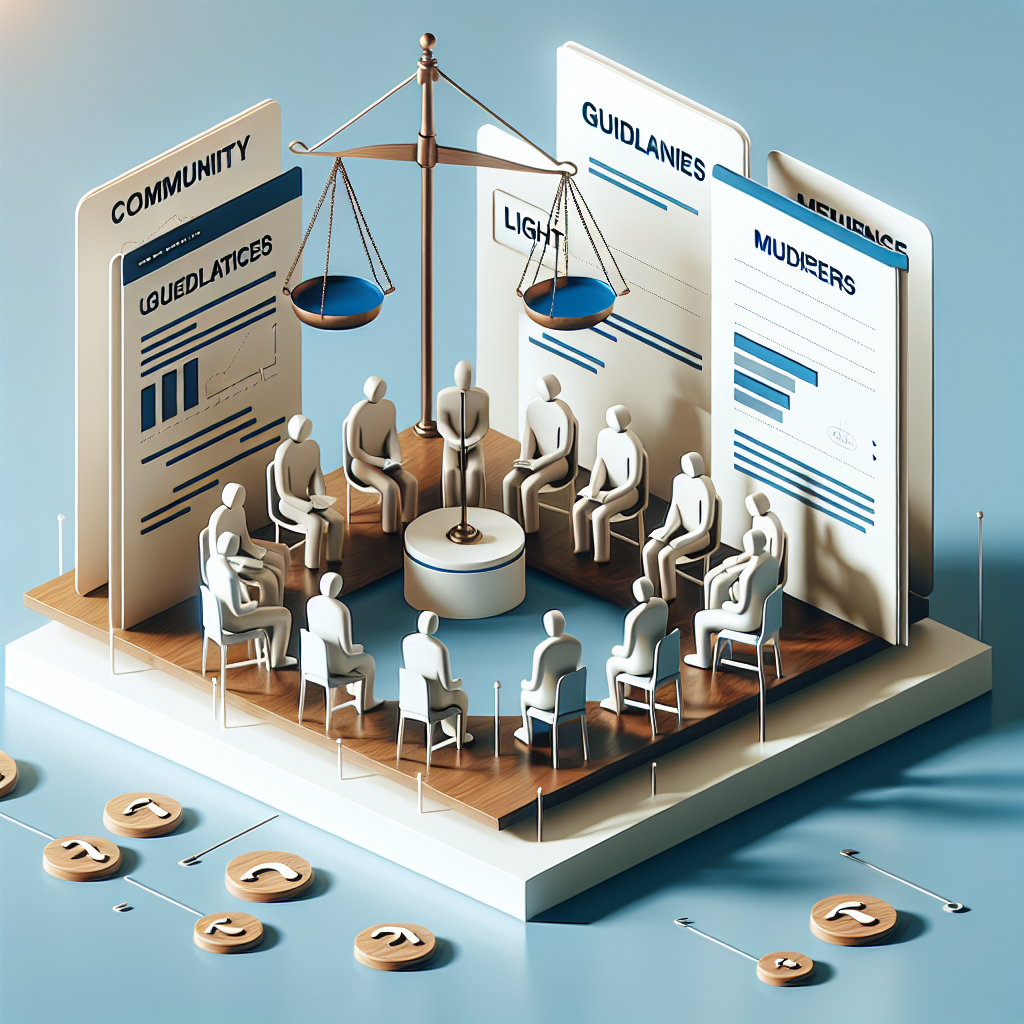Generation Z navigates a virtual world where **social media** platforms shape personal narratives, peer interactions, and emotional well-being. From constant notifications to curated feeds, young users face unique psychological pressures. This article examines key factors that influence mental health in Gen Z, uncovers underlying mechanisms, and offers strategies to cultivate a balanced digital life.
Digital Natives and Mental Landscapes
Gen Z, born between the late 1990s and early 2010s, are true digital natives. They have grown up with smartphones, high-speed internet, and an array of apps for sharing every aspect of life. While this connectivity brings unprecedented opportunities for learning and community building, it also creates invisible stressors. Continuous exposure to highlight reels from peers can lead to feelings of inadequacy and a distorted sense of reality. The relentless stream of updates demands a level of emotional management previously unseen in any other generation.
Researchers link excessive screen time with heightened levels of anxiety and disrupted sleep patterns. Scrolling through feeds late at night can interfere with the body’s natural circadian rhythms, making it harder to fall asleep, and less likely to get restorative rest. Over time, this cycle exacerbates mood disorders and impairs cognitive functions like concentration and memory. Simultaneously, the fear of missing out, commonly known as FOMO, emerges as a powerful psychological driver, pushing Gen Z to stay constantly connected—even when it hampers real-life social interactions.
Social Comparison and Self-Worth
One of the most profound ways social media affects mental health is through the mechanism of comparison. Young users scroll through flawless selfies, glamorous travel snapshots, and streams of success stories. These images often conceal the hard work, failures, and mundane moments behind the scenes. As a result, many Gen Z individuals measure their lives against unrealistic benchmarks.
- Highlight Reel Culture: The practice of showcasing only positive experiences amplifies feelings of envy and low self-esteem.
- Likes and Validation: Quantifiable feedback loops condition users to seek approval, sometimes at the expense of authentic self-expression.
- Perceived Popularity: The number of followers or friends becomes a proxy for social status, leading to stress when metrics stagnate or drop.
These dynamics often culminate in a vicious cycle: individuals post in hopes of positive feedback, then feel disappointed or anxious when engagement is lower than expected. Over time, this can solidify a sense of self-worth that is externally validated rather than internally grounded.
Algorithmic Influence and Engagement Loops
Behind every feed lies an algorithm engineered to maximize user engagement. By analyzing past behavior, these systems present content tailored to individual preferences, keeping users scrolling longer. While this customization can surface relevant and enjoyable material, it also traps Gen Z in echo chambers and potentially unhealthy habits.
Key features of algorithmic engagement include:
- Endless scroll and autoplay features that overload the brain with stimuli.
- Targeted content suggestions that reinforce existing beliefs and create filter bubbles.
- Notifications and reminders designed to trigger emotional responses, encouraging return visits.
Such mechanics can lead to **addiction**-like behaviors. Many users report feeling powerless to stop scrolling, even when they recognize negative emotional effects. Over time, these patterns can weaken impulse control and heighten stress responses when separated from devices. The heavier the reliance on instant gratification, the more challenging it becomes to tolerate boredom or discomfort.
Building Resilience in a Hyperconnected World
Despite these challenges, Gen Z continues to demonstrate remarkable resilience and creativity. By adopting intentional practices, users can cultivate healthier relationships with social media and bolster mental well-being.
Mindful Usage and Digital Well-Being
Implementing deliberate boundaries around device use empowers individuals to regain control:
- Scheduled Breaks: Designate tech-free hours daily to foster in-person connections and restful routines.
- Notification Management: Turn off nonessential alerts to minimize distractions and reduce anxiety.
- App Time Tracking: Leverage built-in digital well-being tools to monitor usage patterns and set realistic limits.
Fostering Genuine Connections
Replacing superficial interactions with meaningful exchanges can elevate mental health:
- Host virtual gatherings focused on deeper conversations rather than casual check-ins.
- Encourage group activities that transition from online to real-world engagements, like book clubs or volunteer projects.
- Share unfiltered experiences, including setbacks and emotions, to normalize vulnerability and cultivate empathy.
Developing Critical Media Literacy
Equipping Gen Z with tools to critique and understand digital content helps mitigate negative impacts:
- Analyze the intent behind posts and advertisements; question who benefits from certain narratives.
- Recognize edited imagery and marketing tactics designed to provoke emotional responses.
- Promote diverse sources of information to break free from algorithm-driven silos.
The Role of Families, Educators, and Platforms
A collective effort is essential to foster healthier digital environments. Parents, teachers, and social media companies all play critical roles.
- Parental Guidance: Open dialogues about online experiences and emotional reactions reduce stigma around mental health struggles.
- School Programs: Integrating digital literacy into curricula empowers students to navigate online spaces responsibly.
- Platform Accountability: Companies should prioritize user well-being over engagement metrics by refining algorithms and enhancing reporting tools.
When stakeholders collaborate, the potential for positive transformation grows. Empowered with knowledge, Gen Z can leverage digital platforms for authentic expression, activism, and **identity** exploration—rather than falling prey to the darker side of hyperconnectivity.
Conclusion: Towards a Balanced Digital Future
By acknowledging the intricate relationship between social media and mental health, Generation Z can champion practices that reinforce **self-esteem**, emotional balance, and genuine human connection. Strategic boundaries, critical awareness, and supportive ecosystems pave the way for a healthier digital age—one where technology enhances life without overshadowing well-being.



